Unveiling the Role of Human-Machine Interfaces in Industrial Automation
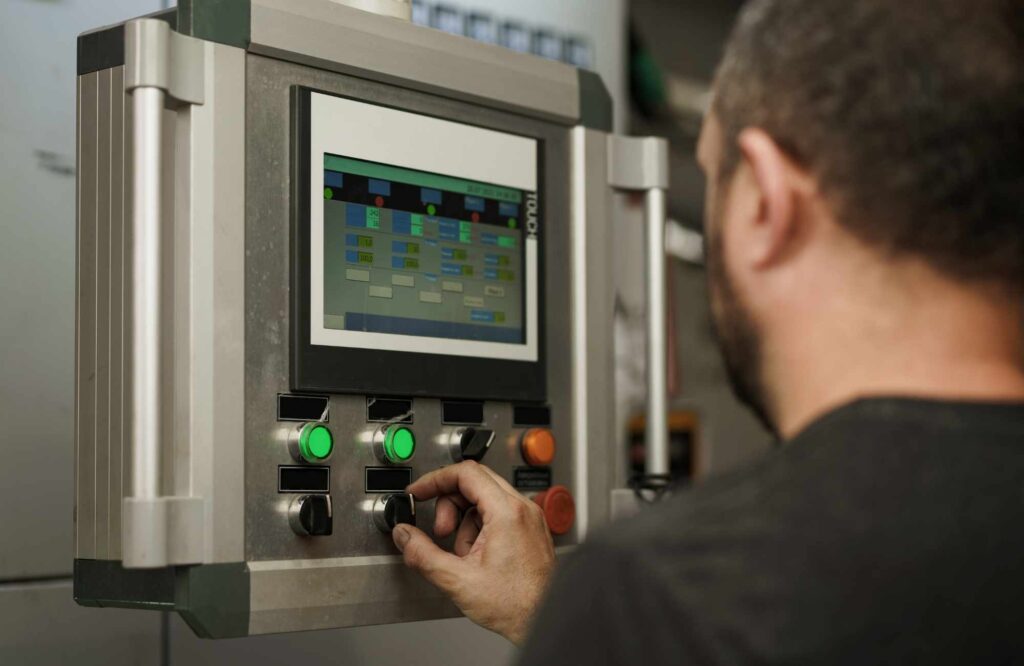
In the ever-evolving world of industrial automation, the connection between humans and machines has become more crucial than ever. Human-Machine Interfaces (HMIs) serve as the bridge that allows operators to interact seamlessly with complex industrial systems. This article explores the significance of HMIs, their types, and their future in industrial environments. Dive in to discover how HMIs optimize processes, reduce human error, and shape the future of industrial operations.
What is a VFD? – How to use one in Applications
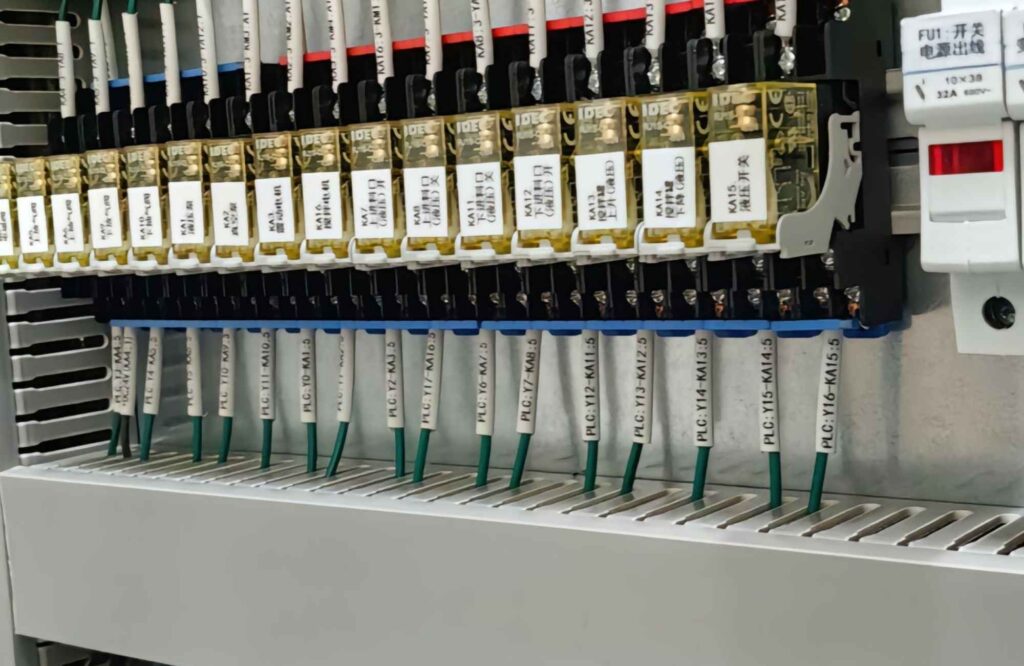
Variable Frequency Drives (VFDs) are transforming the landscape of industrial automation by providing unparalleled control over motor speed and energy efficiency. In this comprehensive guide, we’ll delve into what a VFD is, how VFDs work, and how to use one in your applications to achieve optimal performance and energy savings.
Understanding PLC System Integrators: The Key to Effective Control System Integration
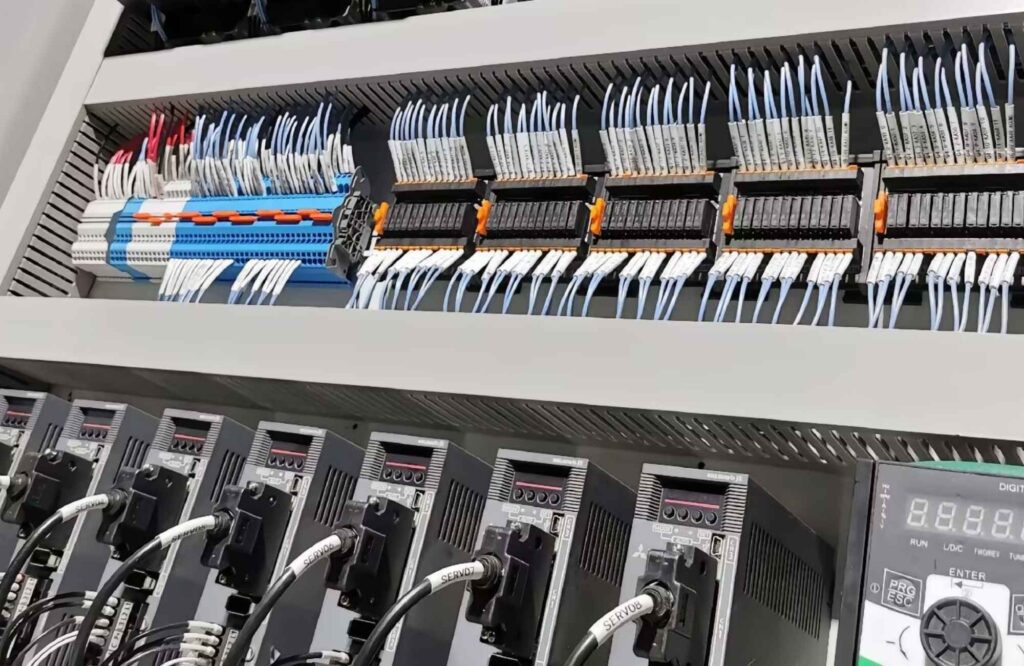
In the rapidly advancing world of industrial automation, the role of PLC system integrators has become more critical than ever. If you’re looking to optimize your operations, reduce downtime, and increase productivity, understanding what PLC system integrators do is essential. This article will guide you through the importance of control system integration and how PLC system integrators can transform your business processes.
Top PLC Manufacturers: The Best Brands in Programmable Logic Controllers

Programmable Logic Controllers (PLCs) are the heart of modern industrial automation. They control machinery, processes, and factory assembly lines, making operations more efficient and reliable. This article dives into the world of PLC manufacturers, exploring the leading PLC brands that power industries worldwide. Whether you’re new to automation or looking to upgrade your systems, understanding the top players in the PLC market is essential.
Single Phase vs Three Phase Power: Explained in Simple Terms
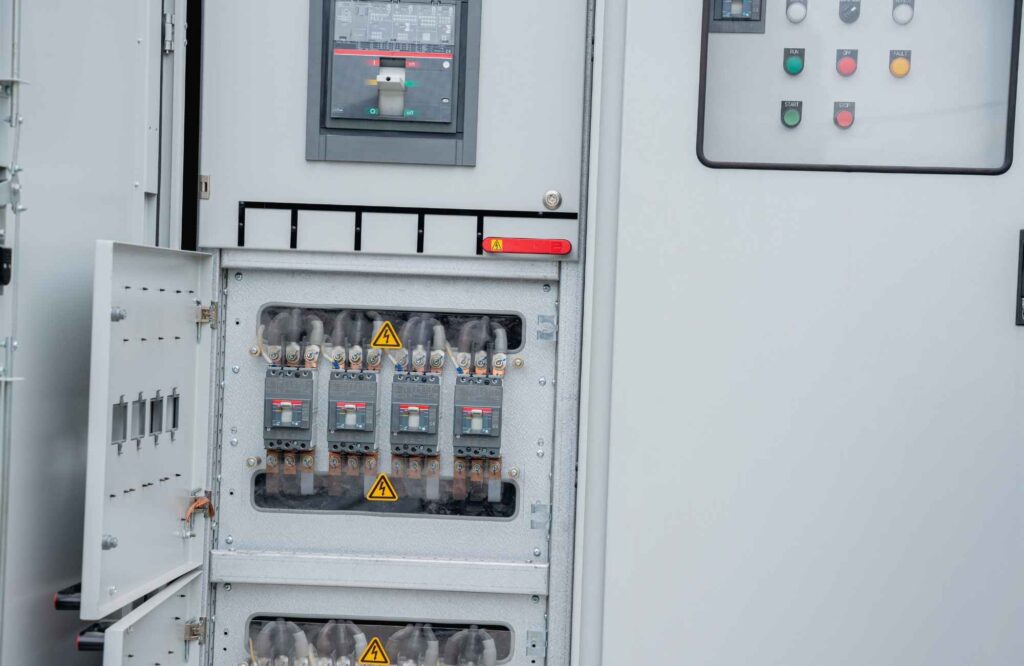
When it comes to electricity, understanding the difference between single phase and three phase power can seem daunting. But don’t worry! We’ll break it down in simple terms so you can grasp the basics. Whether you’re a homeowner curious about your power supply or someone interested in how power distribution systems work, this article is for you. Let’s demystify these concepts together.
Mastering Studio 5000 and RSLogix 5000 for Automation
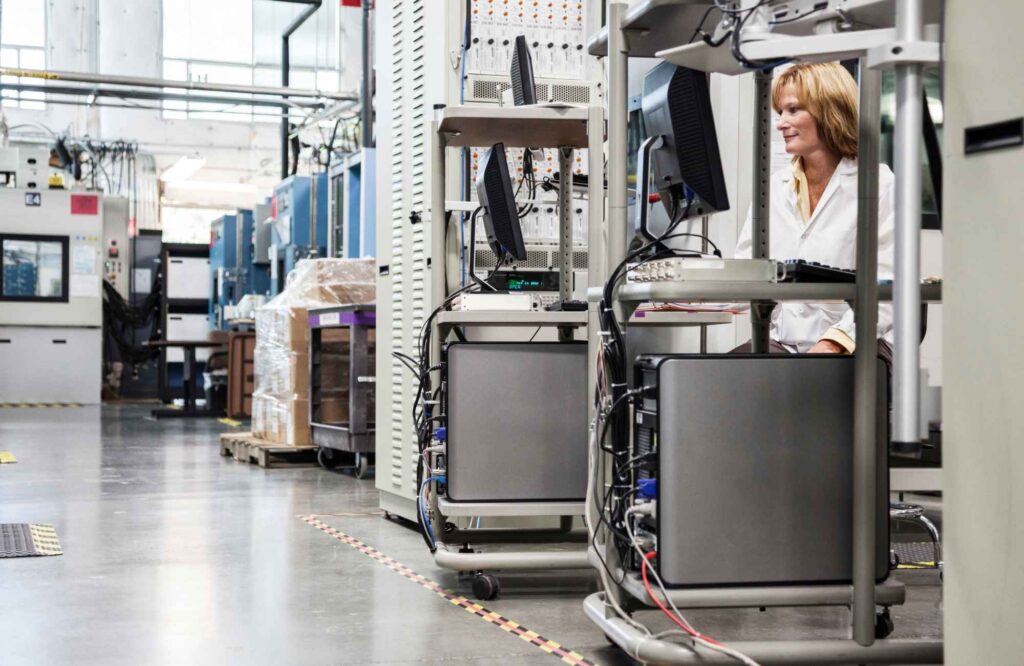
Discover how Studio 5000 Logix Designer and RSLogix 5000 are revolutionizing industrial automation. This insightful guide demystifies these powerful tools, making them accessible for everyone, especially those new to PLC programming or looking to upgrade their skills.
What is an Automation System?
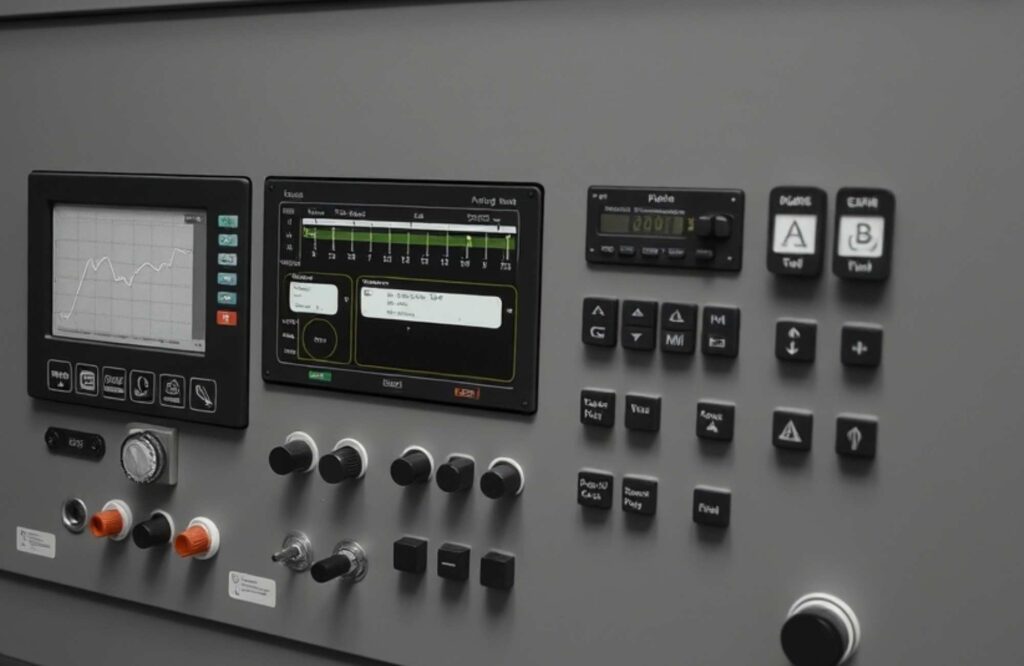
Automation systems have become the backbone of modern industries, transforming how we produce goods and services. This article dives into what an automation system is, the different types of automation, and why they are crucial in today’s world. By the end, you’ll understand how automation impacts industries and everyday life, making this a must-read for anyone curious about the future of technology.
Understanding Analog Inputs in PLC Systems: Bridging the Gap Between Digital and Analog Signals
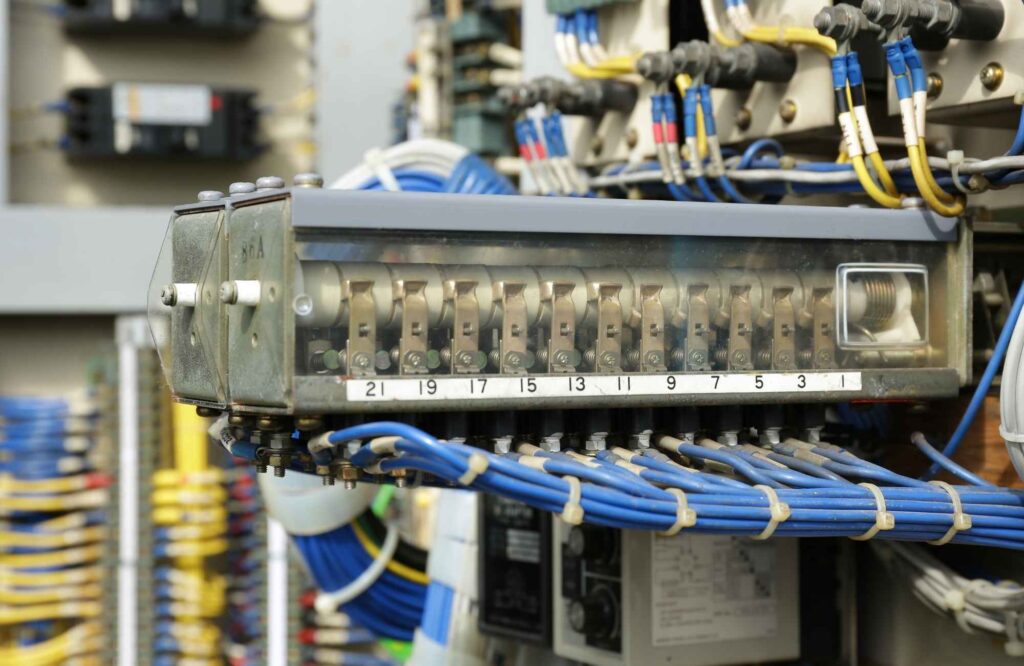
Analog inputs are the lifeline of modern automation systems, acting as the crucial link between physical processes and digital controllers like PLCs (Programmable Logic Controllers). Grasping the concept of analog inputs and how they differ from digital inputs is essential for anyone involved in industrial automation. This article will delve into what analog inputs are, how they function within PLC systems, and why understanding the differences between analog and digital signals is vital.
NPN vs PNP Sensors: Key Differences Explained
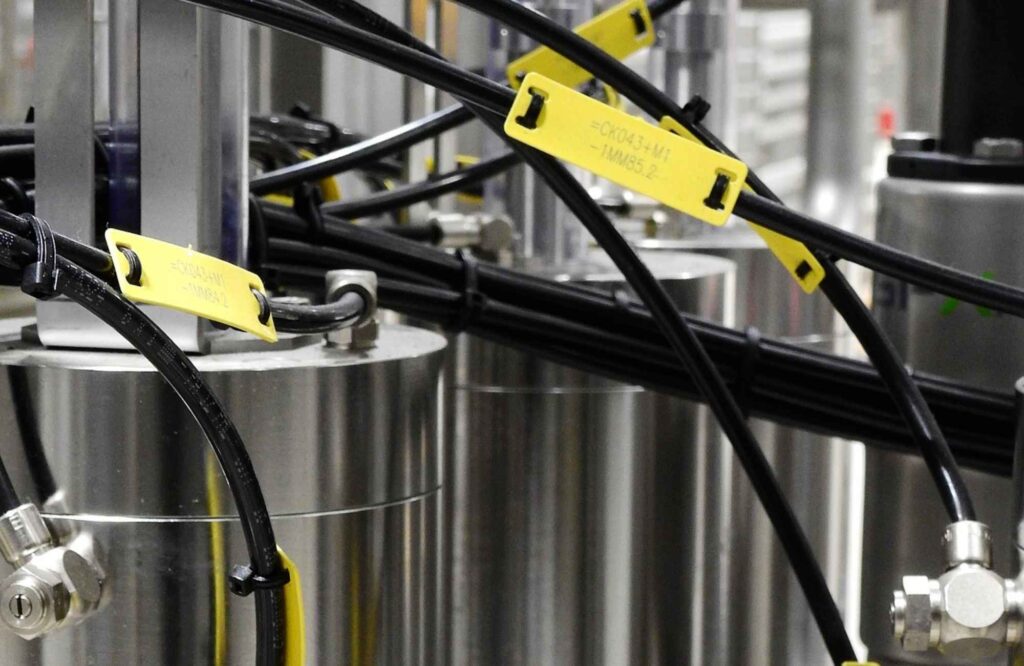
Understanding the differences between NPN and PNP sensors is crucial for anyone involved in industrial automation. These sensors are fundamental components in control systems, and knowing how they work can greatly enhance the efficiency and reliability of your operations. This comprehensive guide will demystify NPN and PNP modules and sensors, explain their functionality, and help you decide which type is best suited for your applications.
Transforming the Future of Industrial Automation: Insights for Automation Engineers
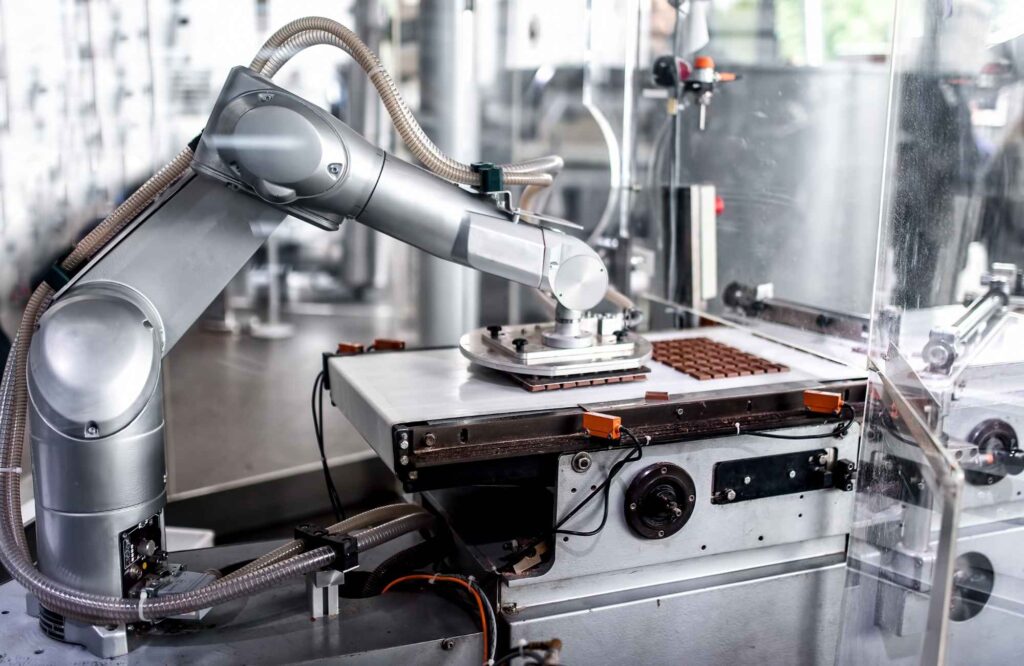
Step into a world where machines think and processes are automated. Industrial automation is transforming industries, reshaping how we manufacture, control, and deliver products. This article explores the evolution, benefits, and future of industrial automation, providing valuable insights into how it’s transforming the way we live and work.
